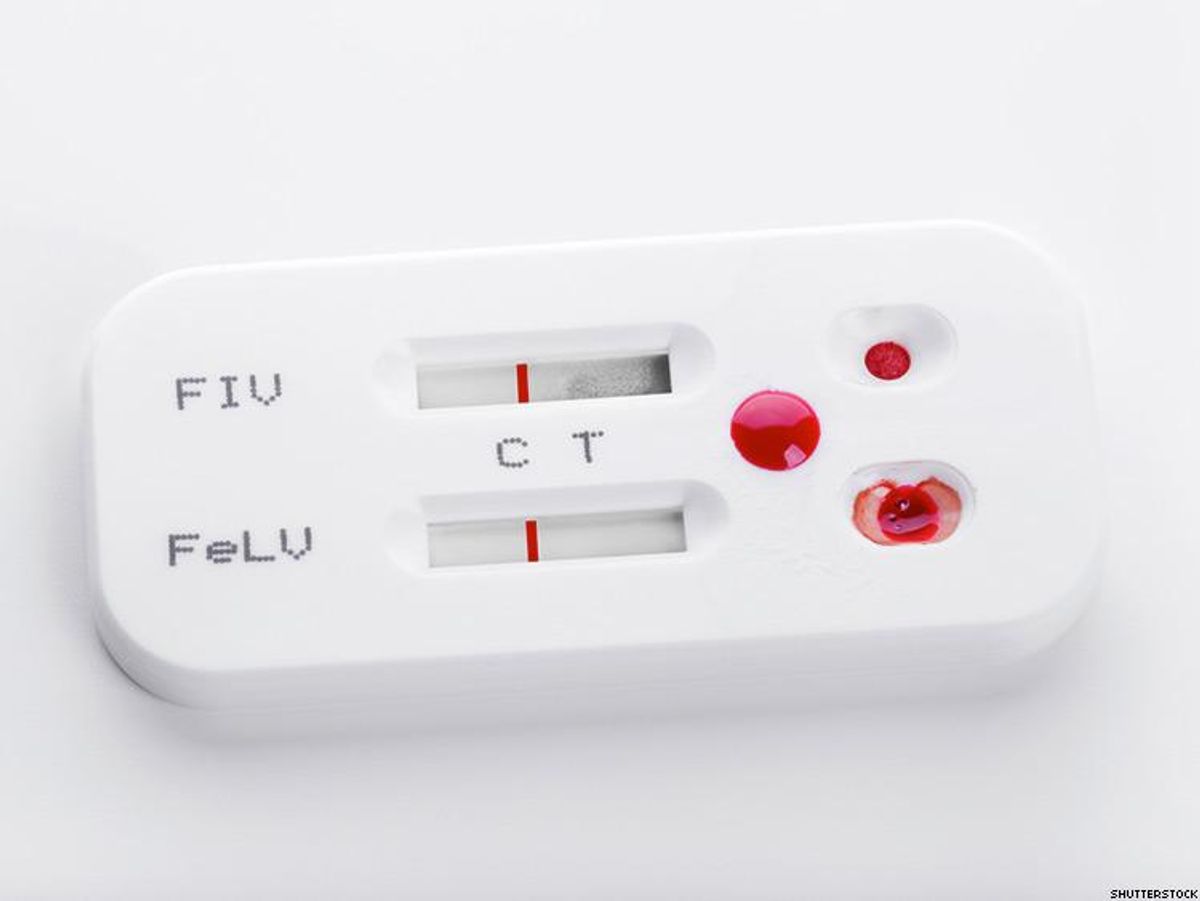Stigma
HIV Self-Test Kits Are Met With Apprehension in Kenya

The Kenyan Ministry of Health approves inexpensive HIV self-testing kits to be released in Kenya, but many are worried about possible negative repercussions.
May 10 2017 3:00 AM EST
By continuing to use our site, you agree to our Privacy Policy and Terms of Use.

The Kenyan Ministry of Health approves inexpensive HIV self-testing kits to be released in Kenya, but many are worried about possible negative repercussions.
The Kenyan Ministry of Health has approved two types of HIV self-testing kits to be released in the country. The kits—one being an oral swab method, and the other a finger-prick blood test—will be sold in select pharmacies in Kenya for 700-900 shillings (about $7 or $8). The Kenyan government is working to make the test free at many facilities by next month.
While this may seem like good news in a country where HIV rates are high, yet many do not know their status, some Kenyans have expressed reservations and concern over the idea of testing one’s self for HIV, according to a report in Daily Nation this week.
“What about counseling for those who unexpectedly find out that they are, unfortunately, positive? Are we not facing possible suicides, depression and other psychological issues?” wrote one Kenyan on their Facebook page. “Will this not embolden rapists now that they can test their victims before the act? This is also likely to encourage sexual immorality! It should not be allowed!”
But Dr. Martin Sirengo, who is the head of Kenya’s National AIDS and STI Control Program says these fears are largely unfounded, and that the importance of people knowing their status is key to prevention and care. “Pilot studies show that many people would like to do the test. In fact, some complain that voluntary counseling and testing center staff take too much time counseling people than in conducting the test, yet they just want to know their status,” Sirengo told Daily Nation.
In addition to enabling people who are positive to get on antiretroviral treatment sooner, Sirengo said the self-testing kits would help increase social awareness on HIV, and would be helpful especially for young people — especially girls, who often fear going to get tested at a health facility because of stigma.
The tests have about an 80% accuracy rate, and are actually used as a pre-screening test for HIV. A follow-up test by a professional healthcare professional is required for an official diagnosis.